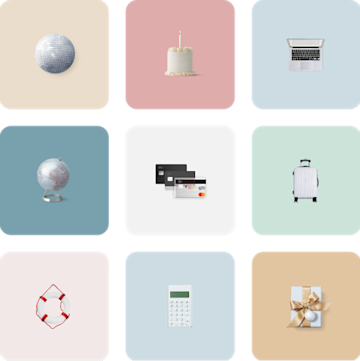
Complete Guide: Filing Your Tax Declaration as a Freelancer
Freelancers must declare several types of income in their tax declarations to comply with legal requirements. Here's what you need to know about filing taxes as a self-employed worker.
Income Types to Declare
Operating Income:
- Revenue from registered professional activities
- Income from services provided within your field
- All earnings related to your primary business activities
Additional Income Sources:
- Professional development grants
- Insurance payouts related to business
- Goods and services received at no cost
- Earnings from business-related asset sales
Tax-Deductible Expenses
To qualify as tax-deductible, expenses must:
- Be directly related to your professional activity
- Have supporting invoice documentation
- Be properly recorded in your business ledger
Common Deductible Expenses:
Operating Costs:
- Raw materials
- Office supplies
- Packaging materials
- Business-related equipment
Utility and Workspace:
- Electricity
- Water
- Internet connection
- Home office expenses
Personnel Expenses:
- Your own salary
- Employee wages
- Social Security contributions
- Staff training costs
- Employee insurance
- Pension plans
Professional Services:
- Legal fees
- Accounting services
- Notary costs
- Marketing services
Additional Deductible Items:
- Business activity tax (IAE)
- Property tax (IBI)
- Business-related travel expenses
- Restaurant and hotel costs (if business-related and paid by card)
- Lease payments and co-working space fees

Nine illustrated budget planning squares

Hand holding blue business card

Person sitting at outdoor cafe table

Person filing tax documents at desk

Person sitting at outdoor cafe table

Person filing tax documents at desk
Related Articles
Complete Guide: Submitting Your Tax Declaration in Germany
